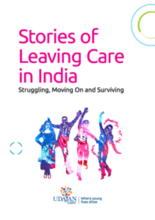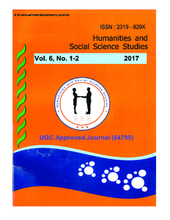Demographic Data
|
Sources: World Bank, UNDP, UNAIDS, DHS 2013 |
Displaying 9911 - 9920 of 14390
Czech bishop calls government's preference for foster care "completely unrealistic".
Adoptive father and social worker Al Coates discusses the non-binary nature of adoption and the need for adoption to evolve with the progression of society as it reframes what family looks like.
The mission of the Member Support Advisor is to be the daily operational link between Promoting & Supporting Associations (PSAs), the General Secretariat (GSC) and other Member Associations (MAs).
According to this article from The Australian approximately 1,000 children from the “Jungle Camp” in Calais remain in limbo in France.
According to this article, most children's homes in Uganda are operating without government approval.
This resource provides guidance for training professionals and parents on the Strengthening Families Protective Factor Framework.
This review is intended to provide Barnardo’s with an overview of what ‘direct work’ with young people entails in the context of CSE.
This Save the Children case study aims to briefly describe the process of developing specialised training package for foster care of Unaccompanied and Separated Children in Serbia, its key components and main lessons learned from the process.
The case studies outlined in this publication draw upon earlier work, which suggested that young people leaving care may broadly fall into one of three groups: those successfully ‘moving on’ from care; those who are ‘survivors’; and those who are ‘strugglers’.




